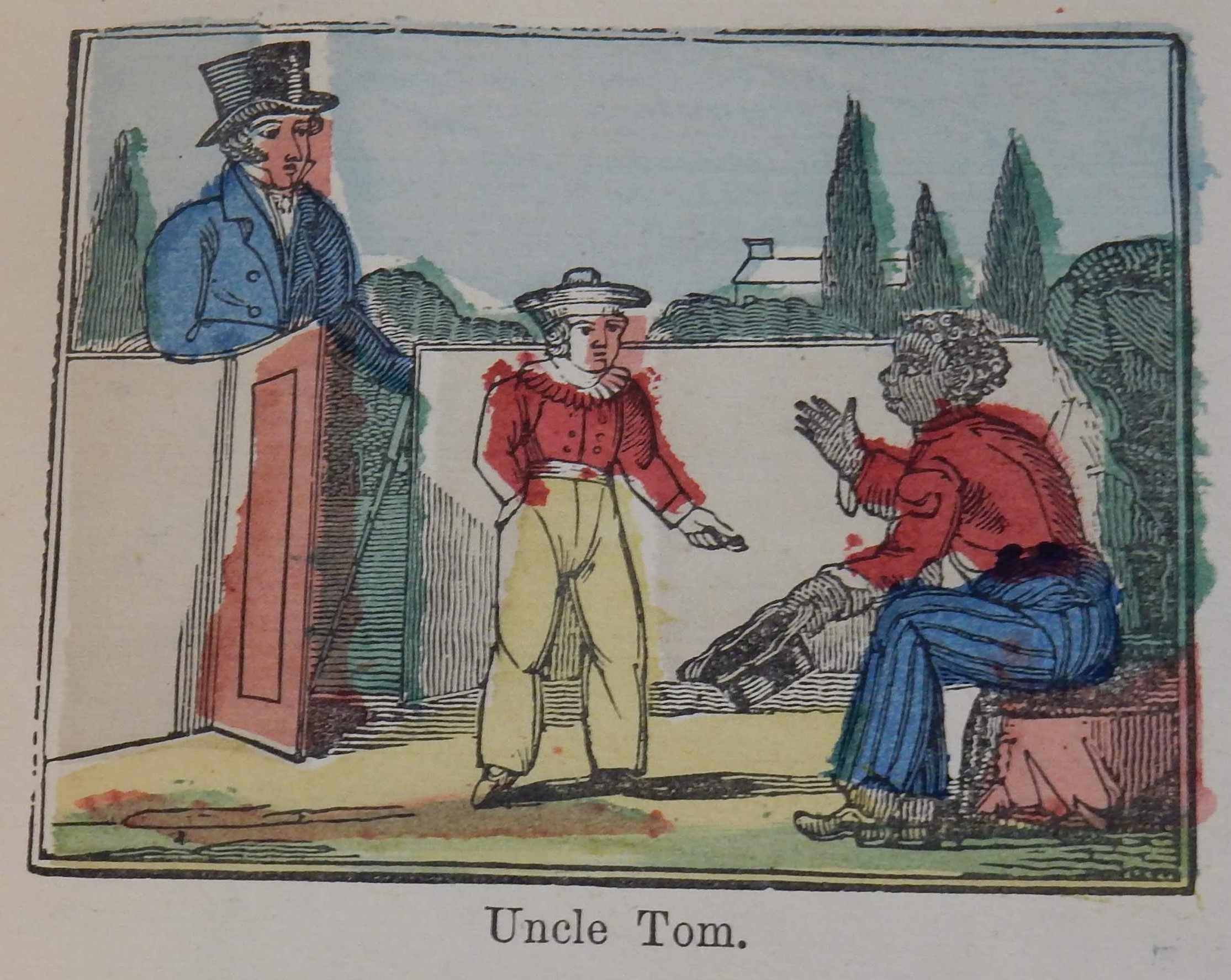Learning the Values of a Dollar: Childhood and Cultures of Economy in the United States, 1820-1900
Jaclyn Schultz
History
UC Santa Cruz
This dissertation responds to scholarly calls to think more carefully about the mutual imbrications of race, gender, and class by historicizing nineteenth-century U.S. children’s subjectivities. The research project focuses on childhood lessons on money and its appropriate uses, often in the form of material objects, visual sources, and a diversity of print culture. Through an interdisciplinary analysis of these cultural forms and social interactions to which children were immersed, “Learning the Values of a Dollar” makes two central claims. First, after 1820, economic knowledge acquisition was ubiquitous to nineteenth-century childhood and normalized capitalistic behaviors like capital accumulation, wage labor, and consumerism. Second, the project reveals how constructions of class produced by lessons on money were deeply embedded in ideas about race and gender.

